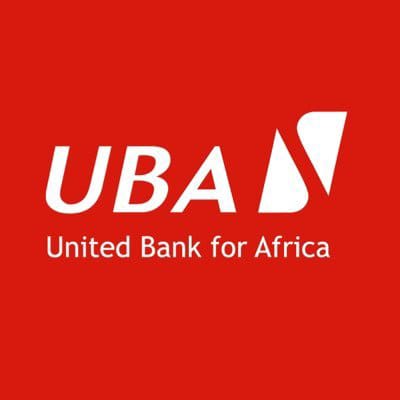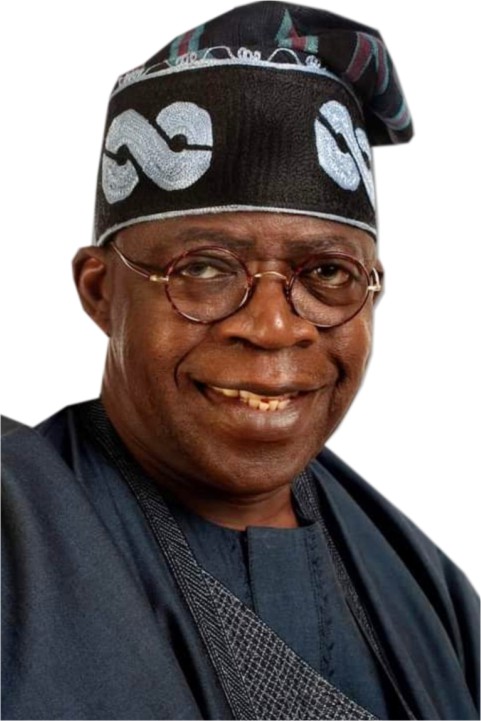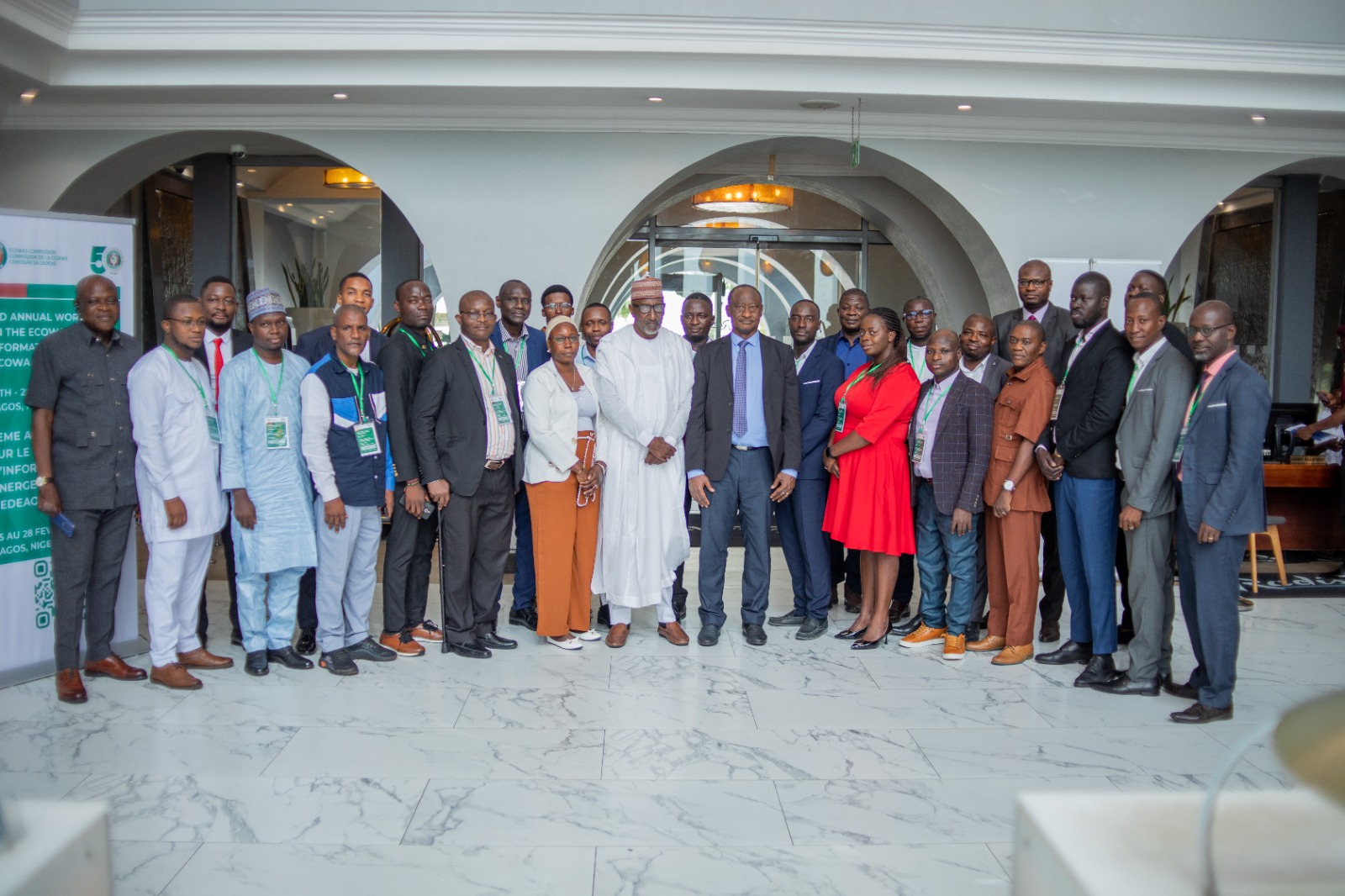BY FUNSHO AROGUNDADE
For the United Bank for Africa (UBA Plc), its rich history is matchless. With its origins dating back to 1949, the bank which prides itself as Africa’s global bank has carved its niche as a leading financial institution in sub-Saharan Africa, growing into one of the continent’s most influential banks. UBA’s evolution from a local Nigerian bank to a pan-African and global financial institution is remarkable. Its ability to balance its African identity with a global outlook has made it one of the most trusted and dynamic banks on the continent.
Of course, much has been said about the bank’s qualitative and quantitative values. For millions of UBA customers and its present —and prospective— shareholders, there is a guarantee qualitatively non-numeric value of the bank’s solid business model, firm brand value, competitive edge, and most importantly, a list of bright minds on its roster led by quick-witted entrepreneur, Tony Onyeamechi Elumelu —as Chairman— running its operations. Even, on its numeric value, the banking behemoth has consistently maintained a strong balance sheet.
Over the years, UBA has demonstrated sound financial management, risk mitigation, and strong capital adequacy ratios, all of which have contributed to its robust financial standing.
Many would recall the heydays of the banking sector consolidation boom between 2005 and 2007. Perhaps no other bank took, more seriously, to heart, the call by the then CBN Governor, Charles Chukwuma Soludo, that Nigeria banks should aspire to be global players like UBA did. While many other banks also hearkened to that call, but given the overwhelming advantages such economies of scale would bring to a bank, the then Tony Elumelu-led management of UBA quickly set about rebranding the bank as ‘Africa’s Global Bank’. Within a few years, the bank got full commercial licenses in many countries with these offshore branches adding value to the bank’s operations and diversifying its revenue base.
Over the decades, the bank has scaled its expansion offshore and forged ahead to increase its presence on the continent and today it stands out with its unique blend of a strong African identity and a global vision that spans across 20 African countries, as well as key international financial hubs, including New York, London, Paris, and Dubai.
“Our success is a testament to the effectiveness of UBA’s global strategy and our role as the financial intermediary for Africa and the world,” Elumelu said.
UBA has indeed created opportunities for millions of Africans to open accounts, secure loans, and engage in financial activities that were previously out of reach. This wide-reaching approach to financial inclusion aligns with UBA’s broader goal of contributing to economic empowerment across the continent. By making financial services accessible, UBA is supporting small and medium-sized enterprises (SMEs), agriculture, and other sectors that are vital to African economies.
The bank’s balance sheet, which has grown steadily, is now heavily driven by its African operations. In fact, over 50% of its balance sheet is derived from its African subsidiaries —a remarkable milestone that underscores UBA’s deep integration into the economies across the continent.
The Group’s results, which were released to the Nigerian Exchange Limited (NGX) on Friday 3 May 2024, saw outstanding year-on-year increases: Gross Earnings rose by 110%, from N271.1billion to N570.2 billion; Interest Income grew by 130%, to N440.7 billion. Operating Income increased by 115%, from N175.7 billion in 2023, to N378.59 billion.
Further consolidating the record performance delivered in the Group’s 2023 Full Year Audited Financials, UBA again saw Profit Before Tax rising significantly by 155% from N61.7 billion in Q1 2023, to N156.34 billion in Q1 2024; while Profit After Tax jumped from N53.5 billion to N142.5 billion, representing an impressive rise of 165% year-on-year.
“The vision of going into these countries is paying off and will continue to pay off. We will continue to invest in Africa and deepen our market share. Our market share in those countries is improving and if you go to some of these countries, UBA is one of the top three banks and they appreciate the contribution of the bank to their economy,” said Oliver Alawuba, the Group Managing Director of UBA Plc.
With nearly two decades since the last recapitalisation effort, the banking sector is once again poised to play a crucial role in accelerating economic growth and achieving the Nigerian government’s 2030 vision of a trillion-dollar economy.
On 28 March 2024, the Central Bank of Nigeria (CBN) announced a directive for banks in Nigeria to recapitalize with the pivotal objectives of strengthening the banking industry and mitigating systemic risks. The CBN new guidelines on the minimum capital requirement for banks ranges from N50 billion to N500 billion —depending on the type of licence held by the bank— and the fresh funds must not necessarily be related to the existing shareholder funds. In total, approximately N4.14 trillion is expected to be raised between now and 31 March, 2026.
Experts have said true financial security and wealth creation comes from owning assets whether stocks, bonds, or a piece of real estate. In all, as they encourage people to own assets of different classes, they are always making a case for people to own shares of banks, especially UBA Plc whose share stood at N24.25 per unit at the close of Wednesday’s trading.
These analysts relayed their trust and overall satisfaction with the bank, as well as recommended it to other investors. They rated the bank on five criteria: trustworthiness, terms and conditions (such as fees and rates), customer service (wait times and helpfulness of employees), digital services (ease of using the website and app), and quality of financial advice. However, a significantly challenged macroeconomic environment, characterised by high inflation following the significant devaluation of the naira, presents a more difficult hurdle for banks this time around. But despite these Nigeria’s macro headwinds which trigger the proposed upward review of the banks’ capital base, Alawuba exercises no fear with UBA’s huge customer deposits of N18 trillion, shareholders’ fund of N2 trillion and customer base of about 45 million across Africa. Indeed, UBA operates with the highest licence available —which is an international licence.
On the value proposition of UBA to investors ahead of the fresh banking sector recapitalisation, the UBA GMD speaks more with a strong conviction; ”UBA is that bank that investors can look onto. In 2023, our capital appreciation was one of the highest on the exchange. For the past two years, our dividend yield has been above 12% and when you look at the bank presence in 24 countries, it shows a diversification of income stream but also highlights the unique investment proposition we offer,” Alawuba said.
While projecting that the shares of UBA could hit N100 per unit on the stock exchange, the bank boss added, “When you invest in UBA shares, you are essentially gaining exposure to the economic potential of 24 different markets. Therefore, it is crucial for us to communicate to Nigerian investors that UBA’s current share price is undervalued, presenting a substantial opportunity for those looking to invest in a bank with a truly global footprint.”
With a focus on sustainability, innovation, and inclusivity, UBA is not only a financial institution but a key enabler of Africa’s long-term growth and global integration. These have positioned the bank well for the future. With generous bonuses and promotions and a variety of products, UBA has become a popular choice for consumers across the continent. As the bank celebrate 75 years, it reassures customers of its commitment to a strong corporate governance built on the foundation of trust, adaptability, strong relationships, innovation, and service excellence.




 Trending News4 years ago
Trending News4 years ago
 Others3 years ago
Others3 years ago
 Humanity3 years ago
Humanity3 years ago
 Others6 years ago
Others6 years ago
 Business10 months ago
Business10 months ago
 Business5 months ago
Business5 months ago






